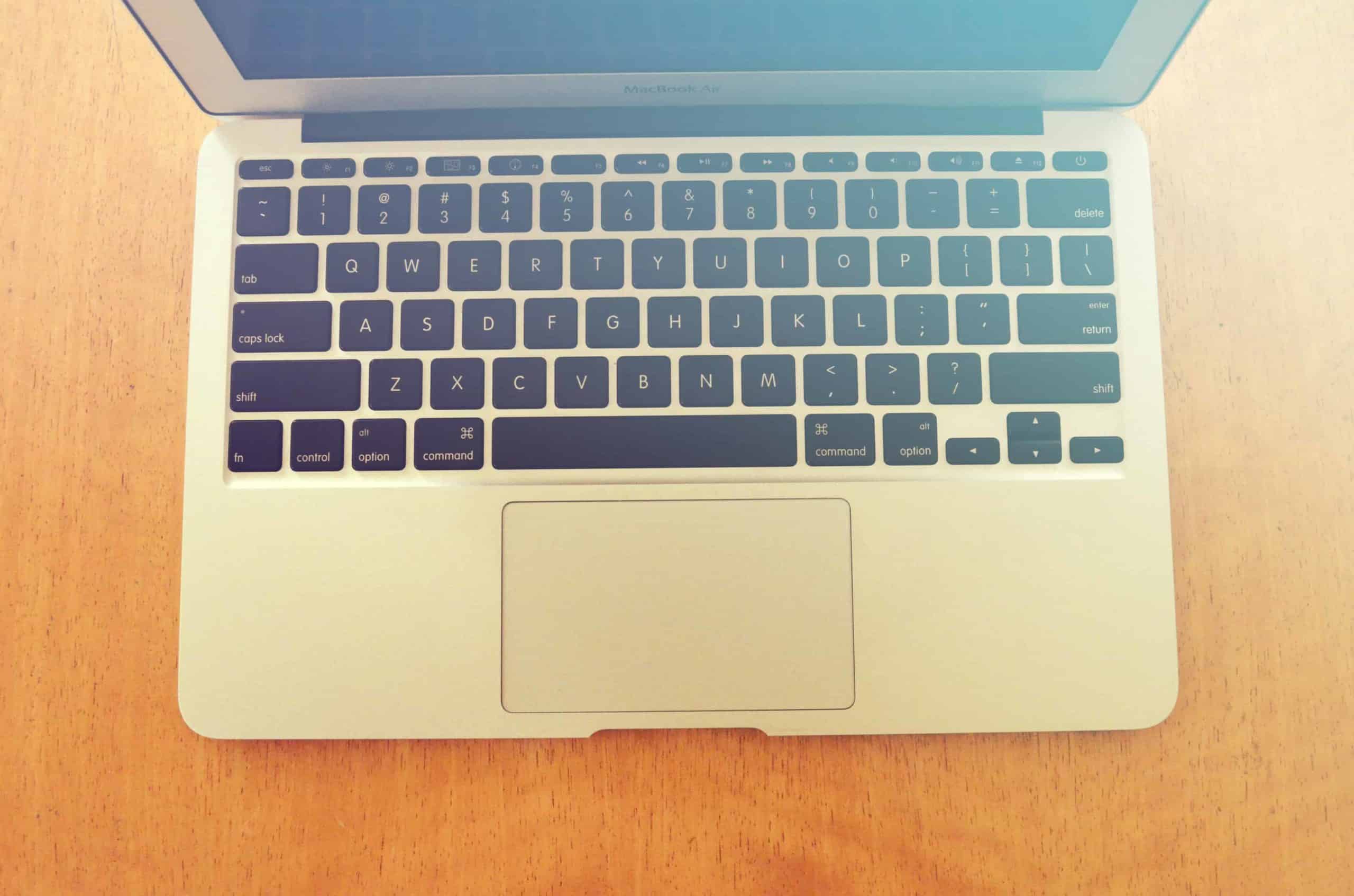
At the start of his podcast, Tim Ferriss’s introduction mix goes like this, “optimal mental performance…at this altitude I can run flat out for a half mile before my hands start shaking.” Then Tim goes on to have a one-of-a-kind interview with a one-of-a-kind person. Even if you aren’t a fan of Ferriss’s approach and presentation, his interviewing skills are some of the best in the digital world of podcasting. But it wasn’t so much of what he said, as what one of his guests said.
In an interview with Tim, Kevin Kelly said that he can go a week without checking his email in the states and weeks if he’s abroad and internet access is spotty to being with. Ferriss too said that he has a day each week he goes without checking a screen. Wow, I thought. How can these two people with thriving, huge, iconic (again, in the digital world) businesses and workings go without email? I don’t have nearly as many juggling balls in the air as they do, but this idea seems incredibly foreign. Then Kelly and Ferriss agreed on something I hadn’t thought of, their phones are poor input devices. It isn’t easy to produce something on our phones, so why focus on it when you can do better work someplace else?
My initial listen of this interview occurred right after I had spent a week trying to use my iPhone as my only device. I connected a Bluetooth keyboard, downloaded some new apps, and it mostly worked for drafting blog posts, rough drafts, and replying to emails. But then my system sagged. I couldn’t search online nearly as quickly, I lacked the efficiency of keyboard shortcuts, and my phone was starting to lag.
Okay, so using my phone as an input device didn’t work – but that was only one side to the coin. If I couldn’t spend more time producing on my phone I could spend less time consuming. After communication, it’s almost all consumption; Feedly, Twitter, Facebook, Messenger, Reddit, Instapaper, Kindle, Downcast. These were all apps that I would look to refresh, read, and redirect my glance every chance I had. Okay, I reasoned, let’s delete these apps and see what happens. In the words of Mike Vardy I was failing to “mind the gap” in the way I invested small parts of my day. This is what was happening:
Day 1: Oh, this feels so free. I love the peacefulness of no notifications. La de da. Wait, don’t I have a blog post going up today? What if someone has a question about it. Let me log in via my mobile browser. Okay, no questions. (An hour passes) Okay, maybe now there is a mention. Oh, good! Someone retweeted it. Let me thank them. “:)” (Half an hour passes) I better check again.
And that’s how it went, on again, off again, on again. Unlike a rom-com romance, this was not going to work out well in the end.
Day 2: I reinstalled all the apps where I logged in with my mobile browser (Facebook and Twitter) but left the others (Feedly, Reddit) off. Then I relegated them to a folder on the very last screen of my phone. Now I wouldn’t miss a notification, but checking in wasn’t easy.
You may be thinking, Well, it’s still on your phone, how do you stop from checking it? Swiping through four pages and then tapping on a screen isn’t much resistance, but it’s enough. In the cookie post to productivity, I wrote, “secretaries who were given candy in transparent bowls ate more than those with candy in opaque bowls. It was an empirical example of the oft-cited adage, out of sight, out of mind.” Now I’m the secretary and rather than having those apps on my home screen (in a transparent bowl), I’m putting my treats in an opaque bowl (fourth screen, in a folder) so that I snack on them less.
What can you take away? The point of this post, or anything you read online, should be to encourage your own thinking in a new way. Create an experiment for yourself to try that can tweak what you are doing. If you find one, let me know about it on @mikedariano. If you want to try a reading experiment, I’m running one starting in April of 2015. Here’s more information about that.

